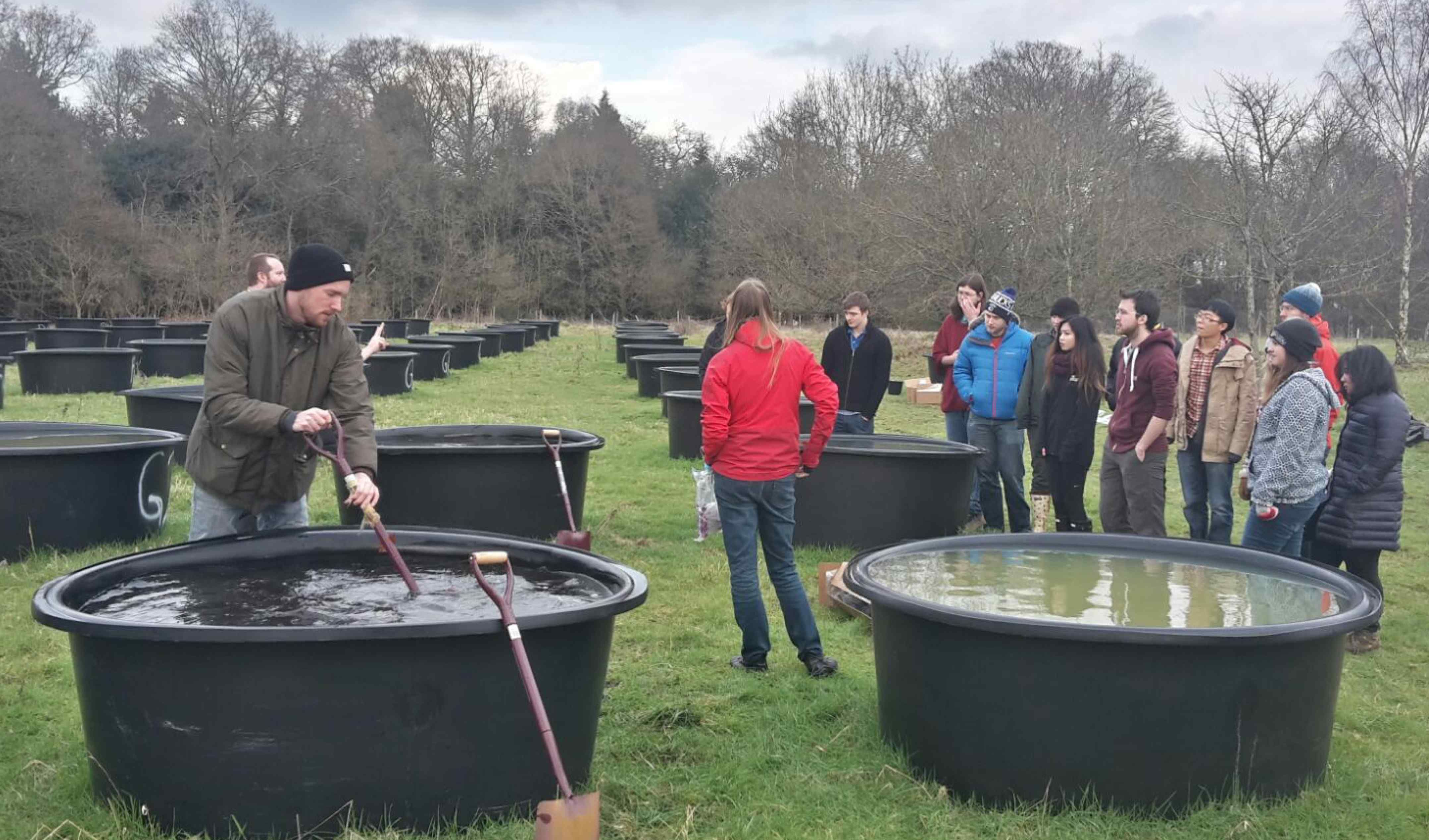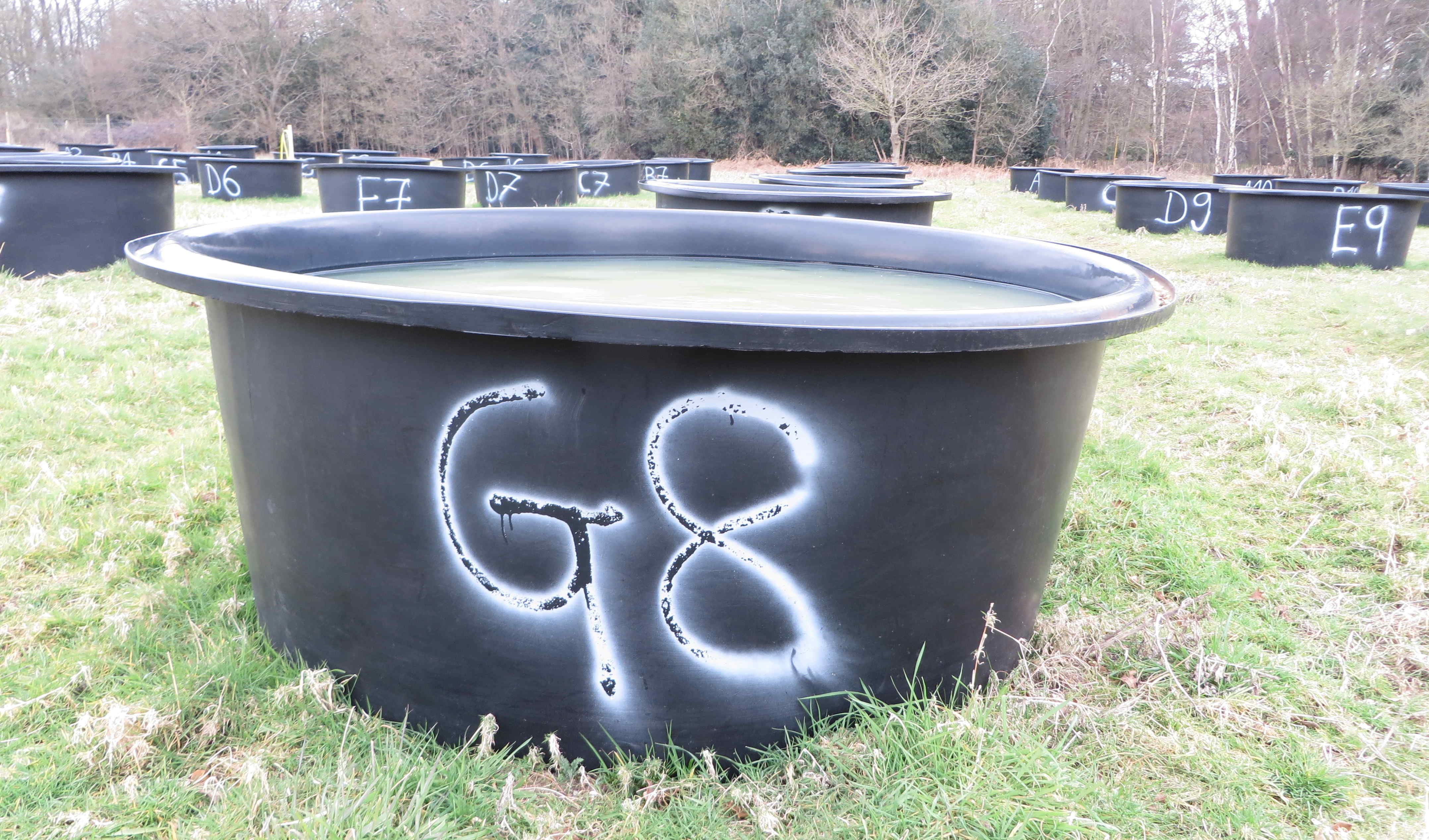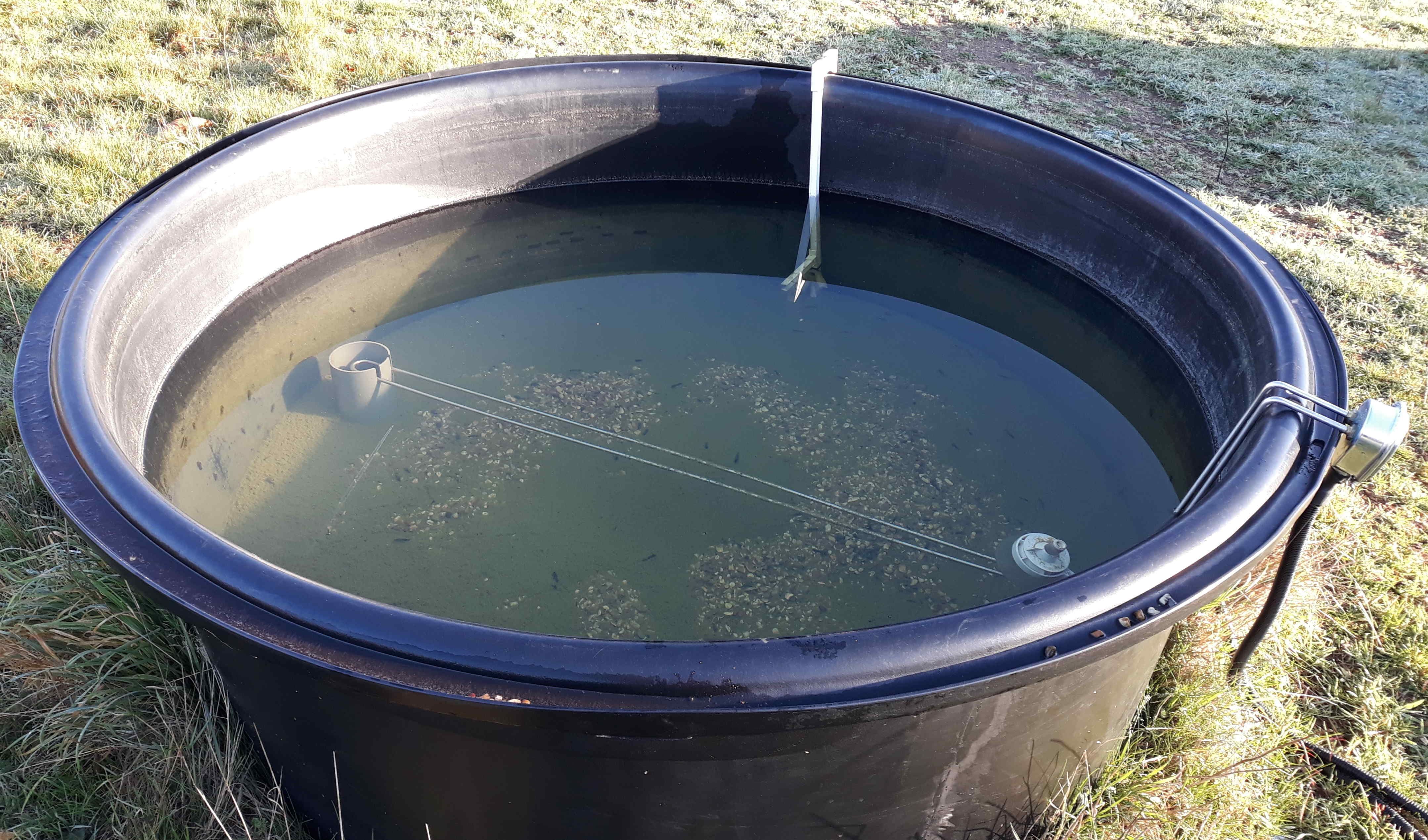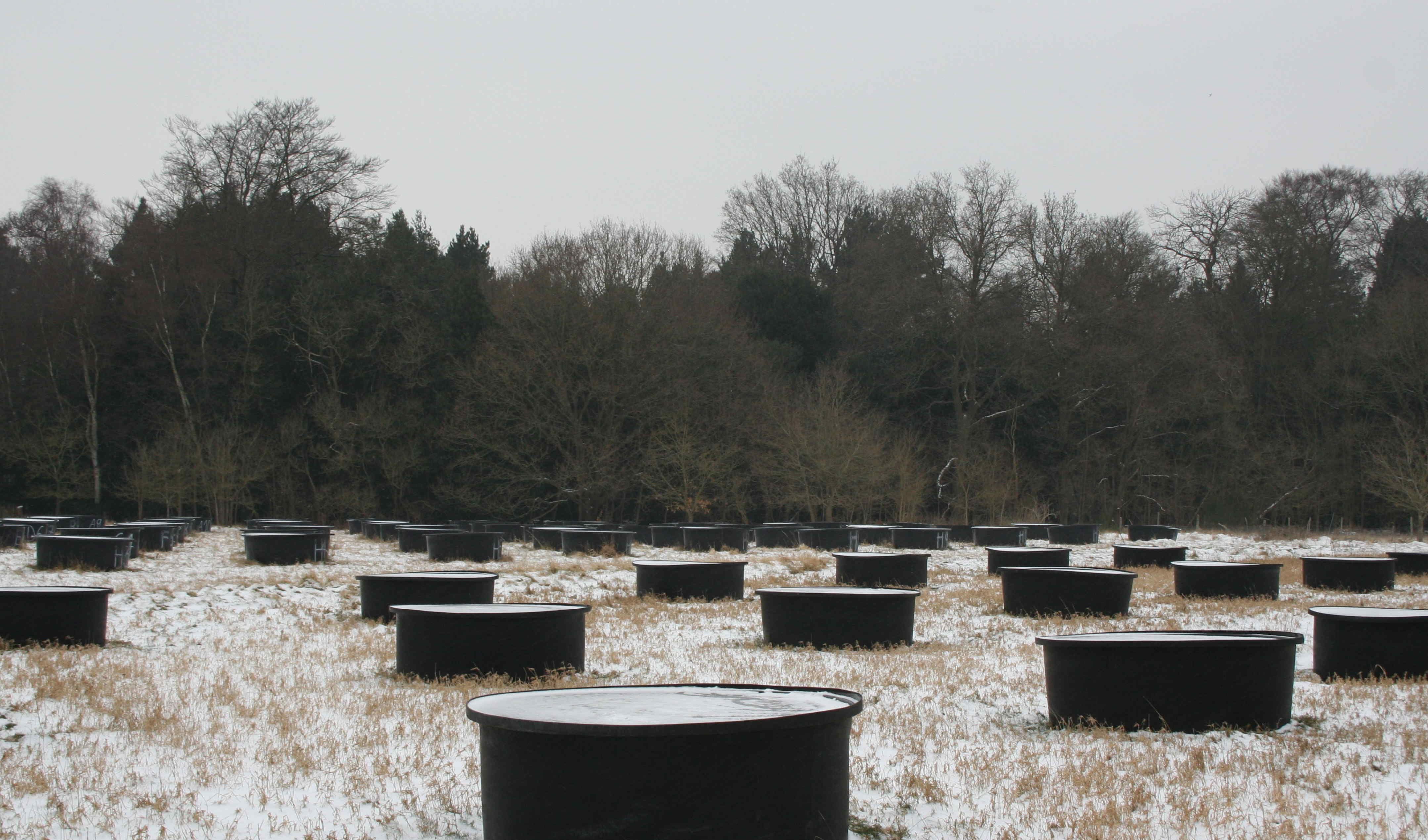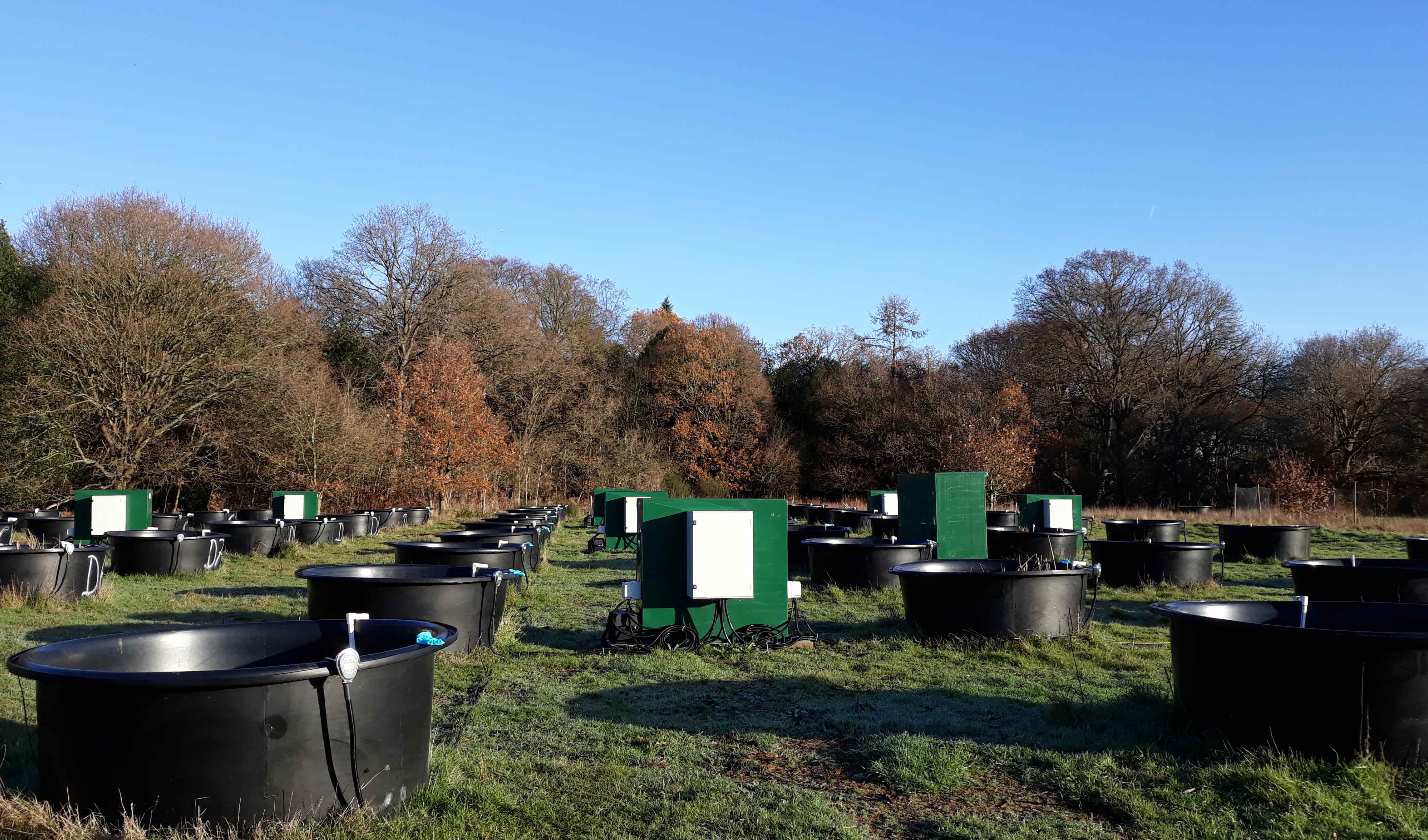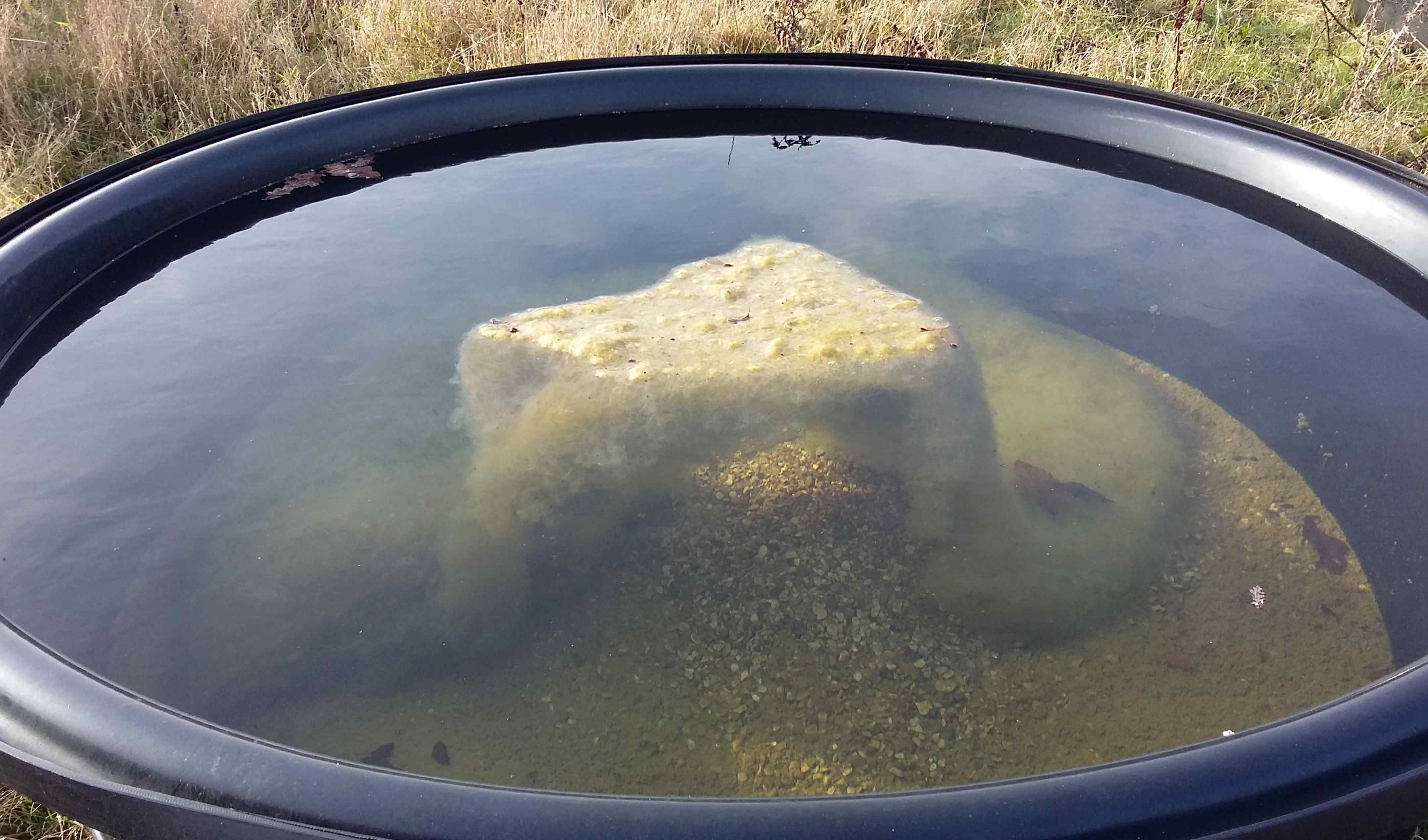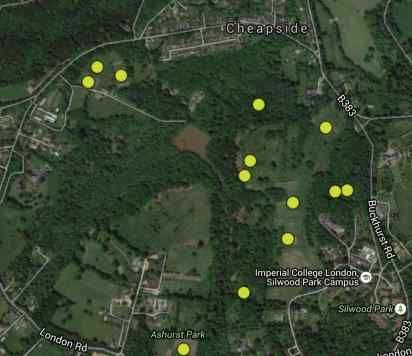The full impact of rapid environmental changes on natural ecosystems remain poorly understood as complex interactions between biological systems add emergent properties that can only be understood using an interdisciplinary and holistic approach. Artificial ponds (mesocosms) at Silwood Park are helping to assess the impacts of warming, drought and chemical pollution in freshwater systems by studying multiple levels of biological organisation, from genes to food webs and whole ecosystems.
The mesocosm facility is part of the Georgina Mace Centre for the Living Planet. Experiments run in the facility have been funded by NERC grants awarded to several academics from Imperial College London including Professor Guy Woodward, Professor Thomas Bell, Dr. Samraat Pawar, Dr. James Rosindale and Dr. Emma Ransome and to colleagues from University of Essex, Queen Mary, University of London, and other institutions in the UK.
Mesocosms video playlist

GCEE Research Focus - Dr. Guy Woodward
Professor Guy Woodward talk about the mesocosms and his research program
Professor Guy Woodward talk about the goals for Silwood mesocosm project and his research exploring the effects of environmental stress on multi-species ecosystems

Silwood pond mesocosm
Birdview of the ponds in October 2016
Birdview of the mesocosm in October 2016 before Masters students sampled the ponds

The making of Silwood mesocosm
Teamwork in a sunny day!
Teamwork in a sunny day!

GCEE Research Focus - Dr. Thomas Bell
Experimenting with pond bacteria in the lab
Dr. Bell explain the importance of bacteria in ecosystems and his research describing natural communities and experimeting with them in the lab to understand how community assembly is affected by environmental stress. Some of these microcosm experiments will address the effect of temperature in communities of bacteria collected in Silwood pond mesocosms.

GCEE RESEARCH FOCUS: DR. SAMRAAT PAWAR
Understanding complex ecosystems
Dr. Samraat Pawar talk about his research aiming to predict the effects of environmental change on ecosystems
Mesocosm google map
details mesocosm
Jackson MC, Pawar S, Woodward G (2021) The temporal dynamics of multiple stressor effects: from individuals to ecosystems Trends in Ecology and Evolution, 36: 402-410
Morris OF, Loewen CJG, Woodward G, 2022) Local stressors mask the effects of warming in freshwater ecosystems. Ecology Letters, 25: 2540-255
The facility counts with six pond mesocosms (271 ponds), a water purification system and tanks with the capacity of storing up to 18,700 litres of rain or distilled water.
Pond mesocosms are artificial tanks with capacity of about 1 or 1.8 cubic metres set above ground. They were stablished with a thin layer of sand and gravel, filled to the top and with tap or rain water and seeded with freshwater organisms. Seeding consisted on adding to each pond a combination of water and sediment collected from streams in Silwood Park and neighbouring areas.
Warming treatments in one set of ponds started on 5th of September 2018. Ponds are warmed from 1 to 8 oC above ambient water temperature: 36 ponds with ambient temperature, 4 ponds at +1oC, 14 at +2oC, 4 at +3oC, 22 at +4oC, 4 at +5oC, 4 at +6oC, 4 at +7oC and 4 at +8oC. The mesocosm control system was designed and implemented by Martin Rouen from Lakeland Instrumentation Ltd.
Find out more about the Mesocosms facility summary and its experiments.
